Nazi ‘secretary of evil’, 99, loses bid to overturn conviction for her role in 10,000 deaths at notorious WW2 concentration camp
A 99-year-old Nazi known as the “Secretary of Evil” has failed to overturn a conviction for complicity in more than 10,000 murders at the notorious Stutthof concentration camp during World War II.
The German Federal Court of Justice has upheld the conviction of Irmgard Furchner, secretary to the SS commander of the concentration camp on the northern coast of Poland.
It is estimated that between 1939 and 1945, some 63,000 and 65,000 people were murdered in the camp, including Jews, political prisoners, accused criminals, homosexuals and Jehovah’s Witnesses.
She was accused of being part of the apparatus that helped operate the camp near Danzig, now the Polish city of Gdansk. She was convicted of complicity in murder in 10,505 cases and complicity in attempted murder in five cases.
At a hearing at a federal court in Leipzig last month, the Nazi’s lawyers attempted to cast doubt on whether she could actually be considered an accomplice to the camp atrocities and whether she was fully aware of what was going on.
The German Federal Court of Justice has upheld the conviction of Irmgard Furchner (pictured), a secretary to the SS commander of the notorious Stutthof concentration camp.
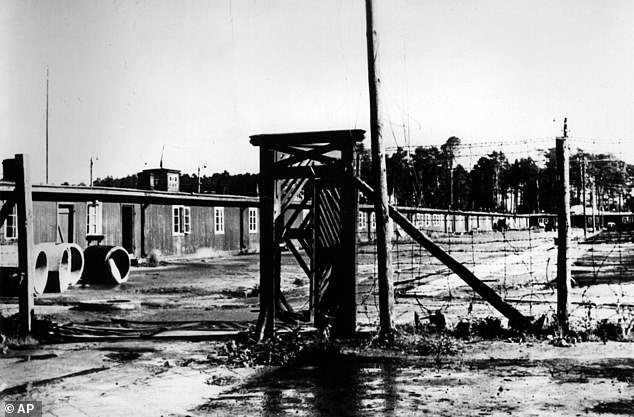
It is estimated that 63,000 to 65,000 people died in Stutthof during World War II
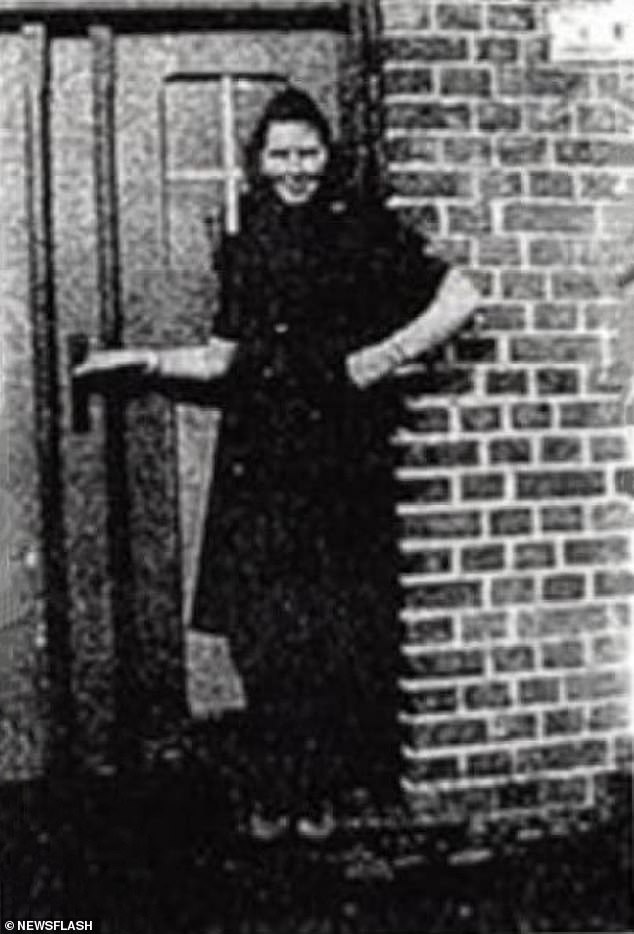
Furchner (pictured in 1944) was 18 and 19 when she worked as a secretary in the camp
She was tried in a juvenile court because she was 18 and 19 years old at the time of the alleged crimes and the court could not determine with certainty her “mental maturity” at the time.
But the court ruled that Furchner ‘knew and supported, through her work as a stenographer in the office of the commandant of the Stutthof concentration camp from 1 June 1943 to 1 April 1945, the fact that 10,505 prisoners were brutally murdered by gassing, by hostile conditions in the camp,’ by transportation to the Auschwitz extermination camp, and by being sent on death marches at the end of the war.
In September 2021, she was detained by German police for several days after trying to run away at the start of her trial.
Furchner ran away from her nursing home in Norderstedt, northern Germany, and tried to take a taxi to the town’s train station, but she didn’t get far.
She was held for five days. The trial did not start until later, because she tried to escape.

In September 2021, she was detained by German police for several days after trying to run away at the start of her trial
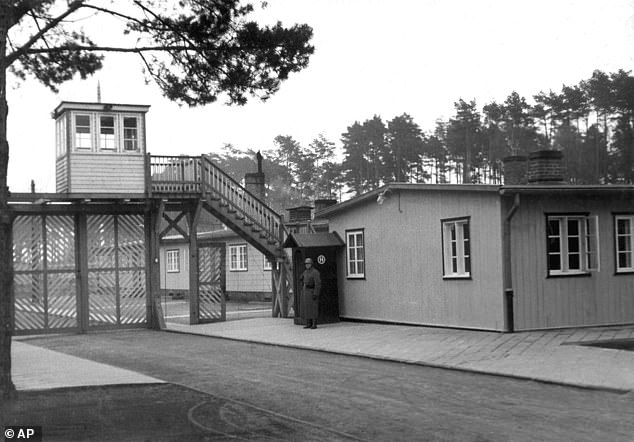
Furchner’s case may be one of the last Nazi war crimes trials ever pursued
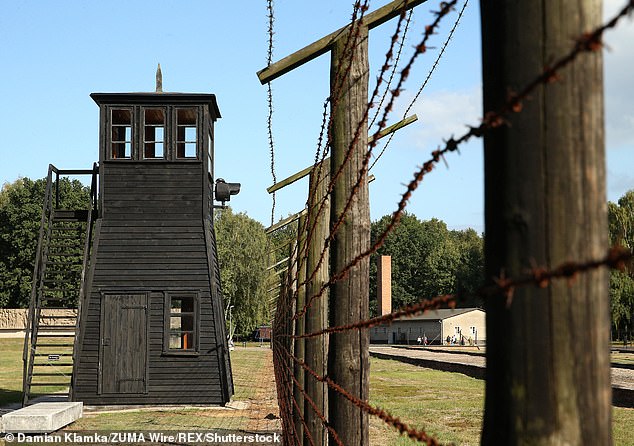
A view of the former Nazi German extermination camp Stutthof
Although she reportedly remained silent during much of her trial, she said toward the end: “I apologize for everything that happened. I regret that I was in Stutthof at the time. I can’t say anything else about it.”
Furchner’s case may be one of the last Nazi war crimes cases ever to be tried.
A The special federal prosecutor’s office in Ludwigsburg, which is charged with investigating Nazi-era war crimes, reports that only three cases are still pending before prosecutors or courts in various parts of Germany.
Many of the Nazis who participated in the systematic murder of millions of people during the Holocaust are now dead or near the end of their lives, raising the question of whether they can still be tried.
Furchner’s upheld conviction is one of several convictions over the past decade that build on 2011 case law that found that helping to operate a concentration camp was sufficient to constitute complicity in murder.
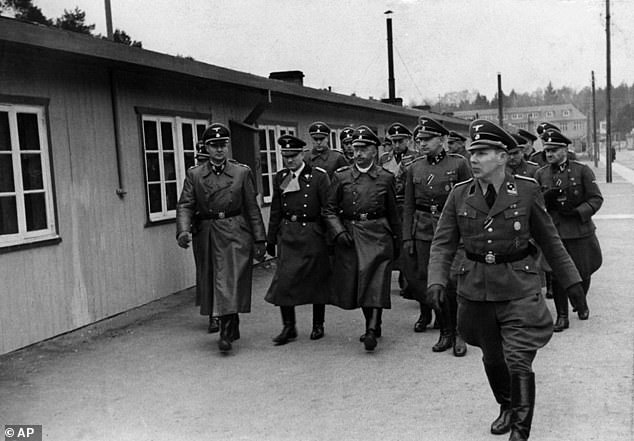
The camp was run by the Nazis from the beginning of World War II

Stutthof has now been converted into a museum to ensure that the memory of the Holocaust lives on
In this landmark case, former Ohio auto worker John Demjanjuk was convicted for his role as a guard at the Sobibor extermination camp in eastern Poland.
Demjanjuk, who denied the allegations, died before his appeal could be heard.
German courts previously required prosecutors to substantiate charges by providing evidence of a former guard’s participation in a specific murder, often a nearly impossible task.
However, prosecutors in the 2011 case successfully argued that assisting with a camp activity was enough to convict someone of complicity in murders committed there.
A federal court later upheld the 2015 conviction of former Auschwitz guard Oskar Groening based on the same reasoning.
